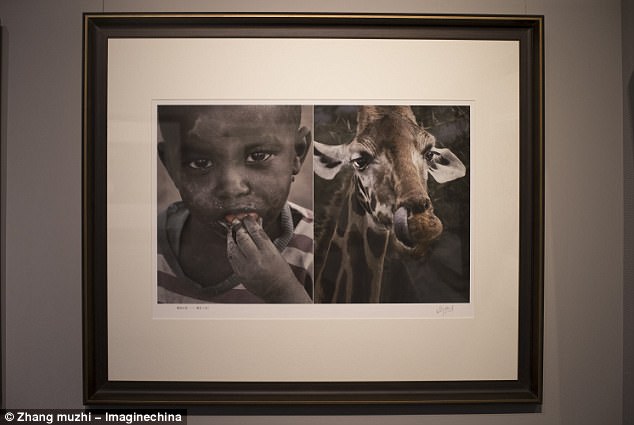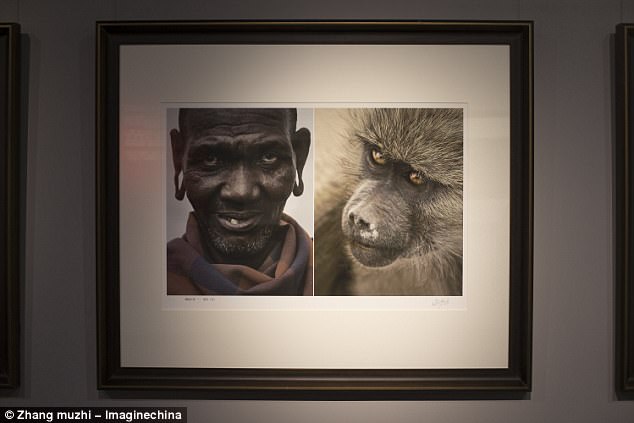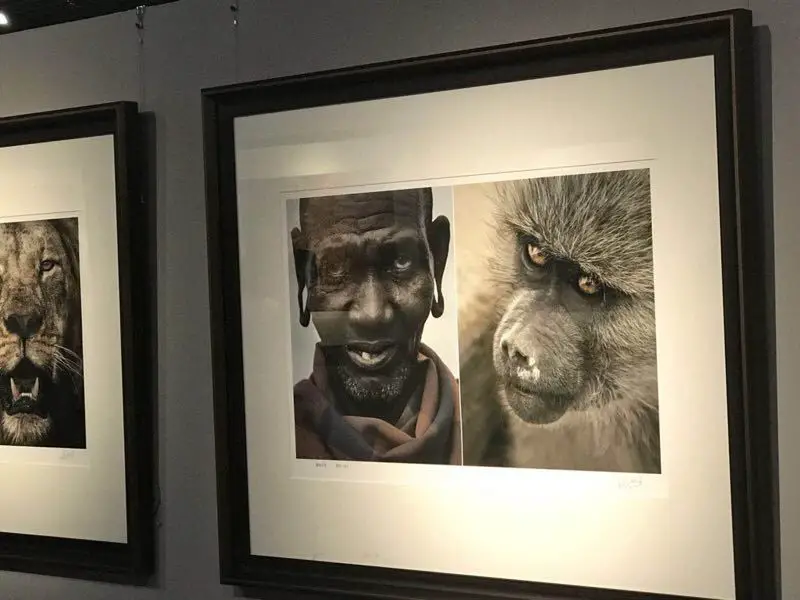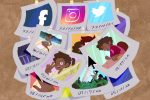Isn’t it interesting how the majority of people define “civilized” as the ability of countries or peoples to produce iPhones, travel on high-speed trains and connect via Bluetooth? Rarely do people look at different aspects of a civilization beside technology, such as the adaptability to survive. So-called “primitive people” could surpass modern people because their own civilizations have been surviving without machinery for hundreds of years and, though many do not recognize it, primitive people passed down their knowledge of survival to form the foundation for modernized civilization. Because of this, primitive should not mean undeveloped.
People equate modernity with development and primitive became its opposite: underdevelopment. However, primitive people have rather sophisticated armies, innovative ideas on social order, agriculture and the law. The Maroon people, who were considered primitive to the settlers in Brazil, were able to evade the slave masters that occupied the territory, set up communities with other indigenous peoples and form a civilized, coexisting society. Primitive and uncivilized, therefore, are relative and subjective terms that only support the idea that the other is incapable of development.
The perpetuation of this idea was shown in the animalistic and primeval description of ethnic tribes in the photographic art exhibit “This is Africa” by Yu Huiping. The exhibition, which depicted many assumptions and overgeneralization about Africa, was on display at the Hubei Provincial Museum in Wuhan China. The collection of photographs portrayed Africans next to or in comparison with wild animals such as monkeys, lions, cheetahs and giraffes. It received such high praises from the public that the China Photographic Publishing House president, Zhao Yingxin, said that the art exhibit comparing animals and Africans had “captured the vitality of primitive life.” Yes, isn’t it lovely to show a nation with hardly any black representation that Africans are the same as wild animals? Give me a break.

Only after a hundred and forty-one thousand viewers did the museum decide to remove the exhibit due to complaints from Africans living in China. I can only assume that without the complaints, the exhibit would still be on display.
The offensiveness of this art exhibit is just one of many that illustrates China’s insensitivity when it comes to race. In the same week as the museum opened the art collection, China’s popular chatting service, WeChat, had to apologize after the software made the n-word and “black foreigner” synonymous. After so many history lessons and global media coverage about the origin and meaning of the n-word, WeChat had the audacity to make it synonymous to the term of black foreigner.
Incidents like these need to be taken more seriously than just a smack on the hand. Last year a TV advertisement showed a black man covered in paint stepping into a washing machine and coming out as a clean Asian man. It is one of the most cringe-worthy advertisements that I have ever seen.
China has a long-time issue with the treatment of black people while, ironically, African countries have China as one of their biggest investors and traders. Despite this fact, racism in China is not new; it is just subtle or hidden in a way that it makes it look as if it was not intentional. Even so, it is not up to black people—Africans in this case—to ensure that people in China receive education in black history.

It’s not up to Africans to change the fact that most of the world seems to know the history of the Holocaust and why that was an atrocity, but use the “I was not aware” excuse when it comes to the history of Africa people. Information is so accessible nowadays that such racist incidents—or as they may say, accidents—should not be occurring. It is no longer a fact that people do not know or realize their offenses. Casual racism is common in China, and even as a global influence, it has spiked since the greater interaction with foreigners. It has come to a point where people do not care and force their own beliefs into a matter that has been condemned and deemed offensive worldwide.
Where do you think the term “African booty scratcher” came from? It derived from stunts such as this collection. The comparison of humans with animals offended and dehumanized the Africans. The train of thought goes “Baboons in Africa scratch their behind, so Africans must do the same?” People need to realize that these disguises are not going to cut it.
The artist did not even want to take the exhibit down because he felt that there was nothing wrong with the photos. He ultimately did not see the racial problem in his exhibition because it is not widely recognized among his community. Rarely do we see Holocaust insensitivities, but the forcible extraction of blacks from Africa is not seen in the same way even though between nine and eleven million Africans died during the transatlantic slave trade. The lack of recognition of slavery as a holocaust spurs such ignorance as displayed by the exhibition.
The gravity of racist attitudes is taken too lightly that it has perpetuated into obliviousness toward signs of racism. People do not want to take the time out to learn history. For this, you may ask how we can change people’s mindset toward learning about African history and culture. Well, people can kick and scream all they want, but they must, first and foremost, have a desire to change and without that, headaches such as “This is Africa” will continue to feed the minds of the uneducated, only spurring on worldwide ignorance.

















